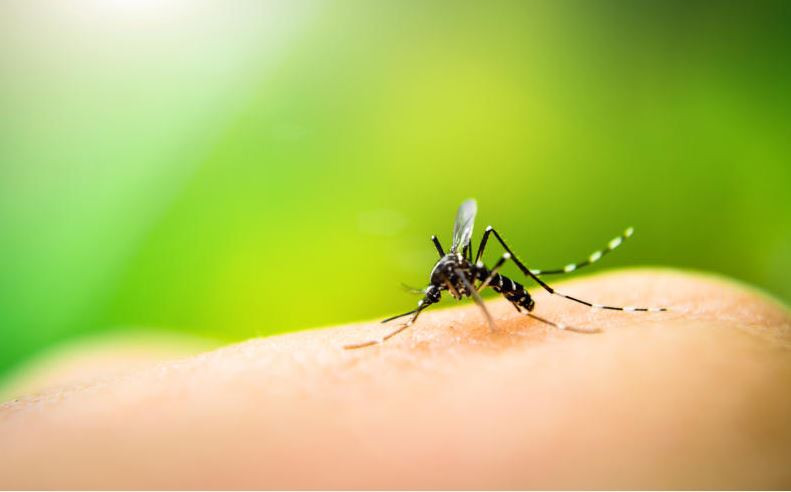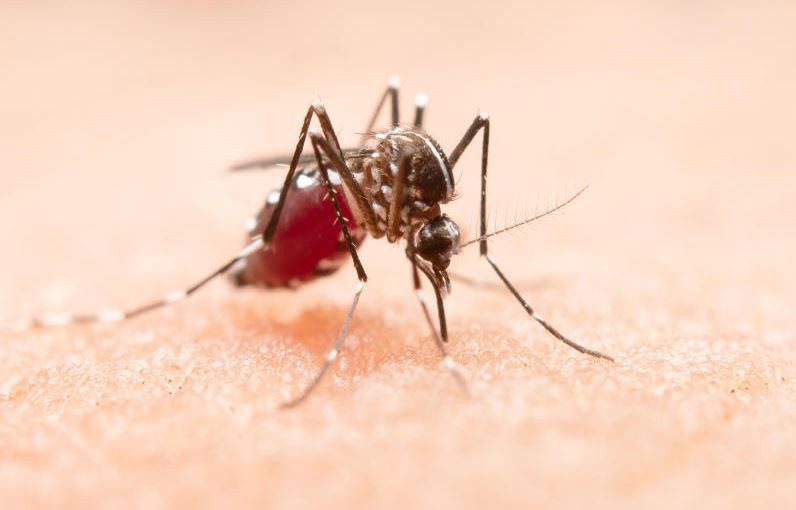
A leading Kenyan athlete shocked many when he revealed that he eats 12 eggs every day for his breakfast. The athlete, who is well-schooled and a degree holder from the University of Nairobi, ought to have known the health dangers linked to the consumption of too many eggs.
Here are some of the underlying risks associated with eating too many eggs, as researchers who conducted a 20-year study on the same found. Egg is known to be among foods that contain all nutrients, such as vitamins, proteins and carbohydrates.
Despite many studies giving eggs a clean bill of health, arguing that it is okay to consume so much eggs, a new study reveals otherwise. A new report associates heart disease with increasing consumption of eggs.
The report, combining data from 10 early studies found a six per cent increased risk of cardiovascular disease when the average number of eggs consumed per day went up by two. “The take home message is that individuals who consume higher levels of dietary cholesterol are at increased risk of developing heart disease and mortality later in life,” says study author Norrina Allen, an associate Professor of preventive medicine at Northwestern University Feinberg School of Medicine in Chicago in USA.
Keep Reading
- Five easy lifestyle changes to achieve cholesterol scale down
- Mending broken hearts: Kenya's fight against cardiovascular disease
- Study to help predict, address heart problems in the elderly
- Why young adults are suffering heart attacks
In almost all countries in the world, eggs are one top sources of cholesterol. “I am not advocating for total withdrawal of eggs in peoples’ diets, what l am saying is that people should eat them in moderation. It can be hard to translate the association between eggs and heart disease into advice. That is because we don’t deal with cholesterol in the same way,” she said.
The amount of cholesterol you can consume is not linked in a straightforward way with the amount found in your blood. That depends on a lot of factors, including your genes and how you metabolise cholesterol.
Allen’s team analysed data pooled from 10 studies involving a total of 45,246 people who were followed for a median of 20 years. In the study, participants filled in questionnaires detailing the foods they eat.
Overtime, there were 10,404 cardiovascular related adverse outcomes, including 5,088 fatal and non-fatal heart disease events, 2,562 fatal and non- fatal stroke events, 2,987 fatal and non-fatal heart failure events and 622 other cardiovascular disease related deaths.
Allen said the association between egg consumption and heart disease is properly explained by the cholesterol in the eggs. However, other reports were not entirely convinced that eggs were causing heart disease.
Cholesterol’s role in the development of heart disease has been discussed for three decades, says Dr Dennis Bruemmer a cardiologist with Heart and Vascular Institute and associate Professor of medicine at the University of Pittsburgh Medical Centre.
“The particular contribution of cholesterol derived from eggs has also been studied in several studies, with varying discrepant results,” says Professor Bruemmer.
This study does not have clear limitations, including self-reporting at a single time point.
This limits its validity. While eggs contain quite a bit of cholesterol, about 200mg, the maximum daily consumption amount recommended in current guidelines should not be more than two pieces.
The consumption of eggs in moderation is acceptable from a nutritional standpoint, says Grace Chege, a nutritionist and hotelier. Moderation, Chege adds, is about two eggs a day on average, including eggs on foods such as bread.
She advises against massive consumption of eggs noting that eating too much of one particular foodstuff is dangerous to life, not only eggs. The only foods someone can a lot and everyday are fruits and green leafy vegetables.





